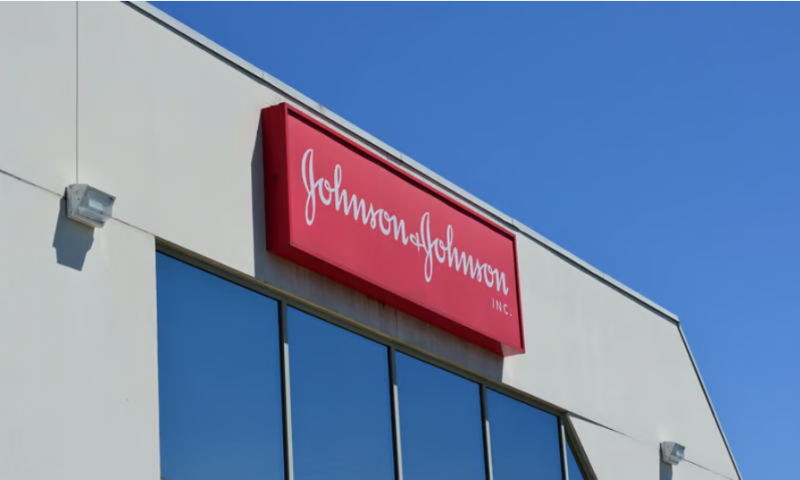Johnson & Johnson provided few details Monday on the $130 million spent restructuring the infectious disease and vaccine units, which spurred global layoffs.
But the company made sure to use its first-quarter earnings call to underscore the strength of its pharmaceutical unit as a whole, specifically underscoring the current and future value of the immunology and oncology franchises.
One clinical program that J&J Chief Financial Officer Joe Wolk specifically highlighted was the Protagonist Therapeutics-partnered oral IL-23 med JNJ-2113, which recently hit the primary endpoint in a phase 2 psoriasis trial. Wolk wouldn’t explicitly confirm phase 3 plans, saying that further development plans would be revealed at a future medical conference in the second quarter.
“We believe this could be very much an important and underappreciated asset within our immunology portfolio,” he said.
Wolk later expanded on the company’s oncology plans, which are tied for the largest franchise in the pharmaceutical division with immunology. The franchises collected $4.11 billion each, according to J&J’s earnings report. The healthcare giant remains focused on bispecific antibody development, particularly targeting multiple myeloma, along with combination therapies for indications like non-small cell lung cancer. The company won FDA approval for bispecific Tecvayli in October for patients with multiple myeloma who have had at least four prior lines of treatment. A phase 3 trial is ongoing testing the therapy in patients with one to three previous lines of therapy.
“We know how, I’m going to say almost personalized, that disease is and having multiple options for treatments and maybe even someday potentially cures certainly lends itself with the multiple options that we have,” said Wolk. He added prostate and bladder cancers as additional promising indications.
The emphasis on these two wings of the pharmaceutical division comes as the company reported $130 million in restructuring costs in the first quarter amid an overhaul of the company’s infectious disease unit. Fierce Pharma previously reported that the infectious disease units were merging, spurring deprioritization and global layoffs. J&J’s hepatitis, HIV, COVID-19 and RSV programs are among those being deprioritized. Revenue for the infectious disease unit grew 22.3% to $1.59 billion worldwide in the first quarter, thanks to significant growth outside of the U.S.
When the deprioritization plans were first announced at a town hall meeting with staffers in February, now-head of the merged infectious disease and vaccine units Penny Heaton, Ph.D., said that layoffs would be impacting team members around the globe. J&J has yet to specify how many employees were affected.

